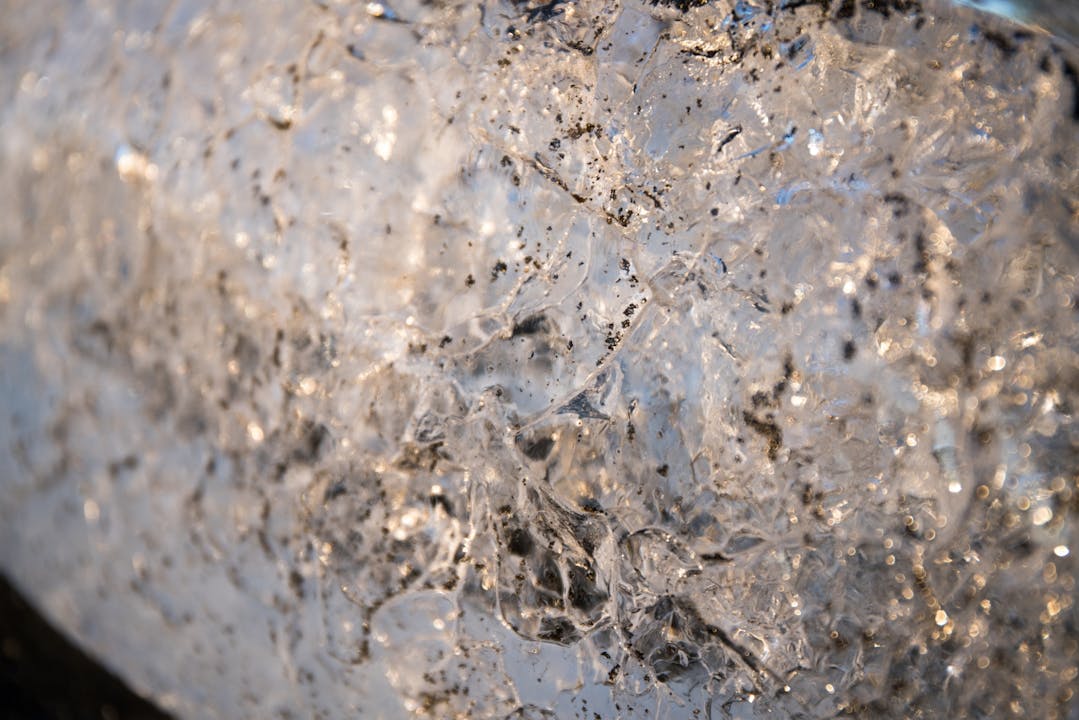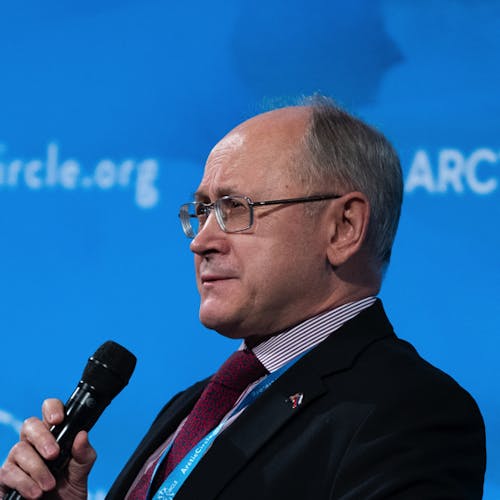The success of The International Polar Year (IPY) 2007/2008, the fourth since 1882, was so vivid that soon after the dream of organizing an International Polar Decade started to circulate in some Arctic capitals, including Moscow, but did not materialize. Now, the Antarctic and Arctic parliamentarians and leading Arctic research associations are calling for IPY#5 in 2032/2033.
I believe it is a good idea.
In a nutshell, IPY is an international coordinated research project of long-term geophysical, hydrometeorological, environmental and other monitoring and analyzing of the situation around both poles. Its added value is comprehensive, efficient, systematic and prolonged measurements which produce a more detailed and solid picture, producing more reliable forecast as well as a deeper scientific knowledge that can serve as a basis for political decision-making. IPY allows the limited resources of individual countries to be concentrated on key areas and the research results to be shared among them.
For example, IPY 2007/2008 comprised more than 800 scientific projects with participating researchers from 60 countries. Russia alone organized 159 sea and land scientific expeditions, many of them with the participation of foreign scientists. As a result, according to Russian experts, Russia has gained a significant amount of additional knowledge in areas such as climate and paleoclimate of the polar zones, marine environment, cryosphere, lithosphere, atmosphere, near outer space and polar ecosystems. It is worth mentioning that it was during one of these expeditions that Arthur Chilingarov’s team planted a titanium Russian flag on the bottom of the Arctic Ocean exactly at the North Pole point, thus opening a new chapter in the history of the Arctic.
There are many good reasons in favor of a new IPY 25 years after the previous one. There is growing apprehension of the global importance of the Arctic and the Antarctic in climate change. We now know that the Arctic is warming three times faster than elsewhere. The effects of climate change are now starkly visible. It is physically knocking at our doors with floods, droughts, record heats and frosts, storms, permafrost thawing, land erosion and wildfires. Better knowledge and understanding of the polar regions are thus becoming an everyday necessity for all.
Allow me to list a few of the major changes currently underway and their potential spill-over consequences that require immediate action and concertation between Arctic and Polar actors and that an IPY#5 would greatly contribute to address.
Thawing glaciers. This new phenomenon can bring a new dimension to traditional IPY focus on the Arctic and Antarctic. The “Third Pole” (Himalayas and others) could be added to the geographical scope of activities in the same way. This particular issue has been discussed many times at the Arctic Circle Assemblies and Forums.
Rapid economic development of the Arctic and the Northern Sea Route. This time IPY deliberations should include social and economic aspects and consequences of climate and other changes to a greater extent.
This links up with the fact that the Antarctic is also getting more attention in the world in the face of the “challenge of 2048” when the term of the Madrid Protocol, banning exploration of natural resources there, expires.
The fourth industrial revolution. It provides us with new instruments, technologies and opportunities we could only dream of 10-15 years ago. Artificial intelligence, allowing better modeling and prediction of different processes, is just one example.
Growing role of traditional knowledge. Indigenous peoples’ and local inhabitants’ experience and assessments become a larger part of our understanding of the changes underway.
Generation change. A new generation of researchers and scholars is coming. We must pass on the knowledge and enthusiasm of the IPY#4 generation.
Passing the Paris Agreement deadline in 2030. We will need to objectively and critically assess past deeds to decide on a way forward.
2017 Agreement on Enhancing International Arctic Scientific Cooperation. A new major factor to stimulate and simplify coordinated polar research.
The Agreement to Prevent Unregulated High Seas Fisheries in the Central Arctic Ocean entered into force June 25th, 2021. One of its two principal objectives is the facilitation of joint scientific research and monitoring.
Last but not the least, IPY would be a contribution to further strengthen Arctic and Antarctic cooperation for the purpose of easing and preventing political tensions.
No doubt, the worldwide drive towards a new IPY is yet to gain its “critical mass”, but the initial impulses are quite noticeable. It is the intention of the scientific community to take the lead regarding this and prepare IPY#5 in a less “bureaucratic” way than the previous one. This being said, I am sure that key state support will be indispensable. Russia played a very active role in organizing IPY#4. Now, as Chair of the Arctic Council, Russia could extend support for this drive forward, followed by the next chairs – Norway, Denmark, Sweden, Canada, United States, Finland (if the former Chairmanship sequence remains unchanged). The same applies to the Antarctic Treaty member states. ASM (Arctic Science Ministerial meetings) can be instrumental too. The World Meteorological Organization could again become an important coordinator.
IPY would present an excellent opportunity for Observer States of the Arctic Council and the applicants for this status to reveal their dedication to and practical engagement in the exploration of the Arctic.

